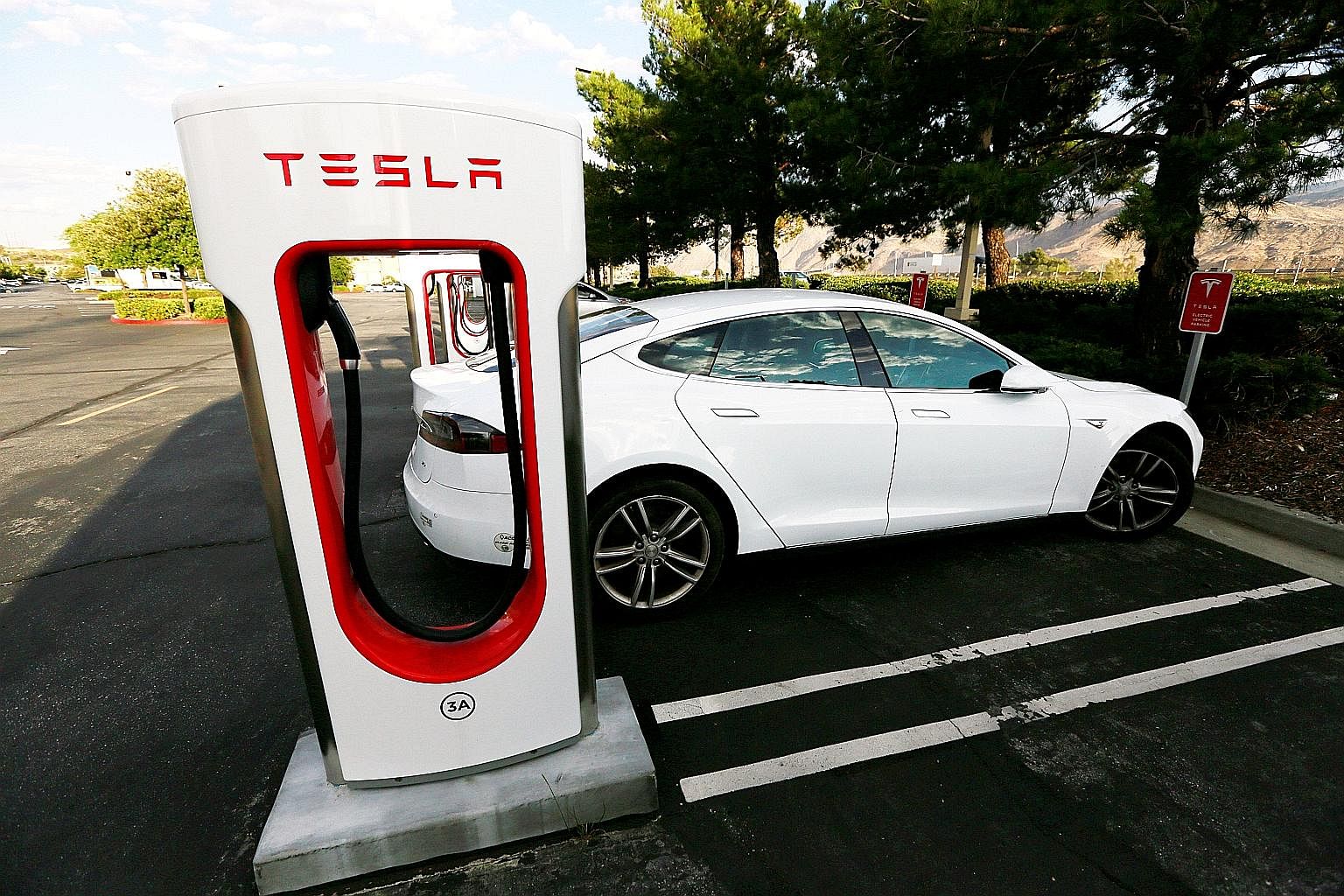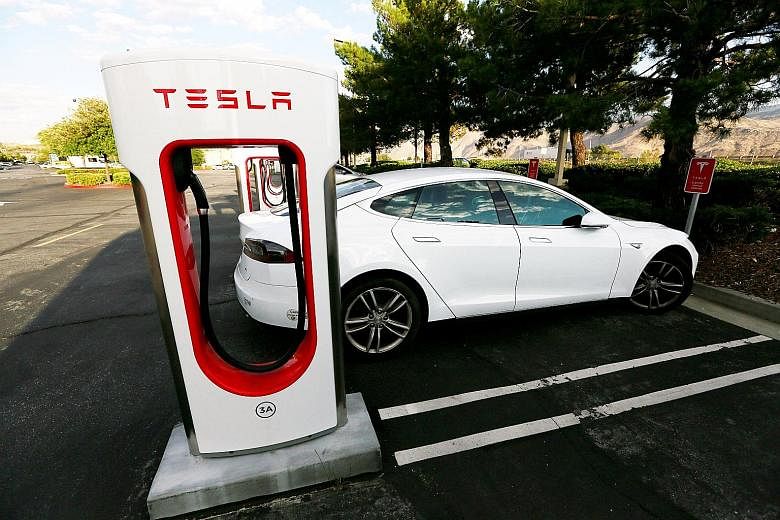Electric vehicles aren't going to destroy the fossil fuel industry any time soon, but they don't need to, in order to disrupt it. And that could happen within a decade, when such vehicles begin to tip annual growth in petrol demand into structural decline.
The sceptics argue that the barriers to mass take-up of electric vehicles are insurmountable and that recent enthusiasm among proponents of the technology - and some European governments - is misplaced. High costs of ownership, limited range, lack of refuelling infrastructure are among many drawbacks that will limit their adoption, and thus the power of electricity to replace petrol. So refiners like Valero Energy, Marathon Oil and Exxon Mobil can breathe easy.
Personally, an electric car with a range of 240-320km would suit me perfectly. I also doubt that the UK or French governments will ban the sale of cars with internal combustion engines in 2040.
More likely they will follow the lead of manufacturer Volvo, which will offer only hybrid or full-electric motors on every new model launched from 2019. And don't forget, there are at least four general elections due in the United Kingdom before that policy is due to come into effect, so there's plenty of opportunity for it to change.
The fleet of electric vehicles in use worldwide is on track to displace about 100,000 barrels a day of road transport fuel this year - most of it petrol. That volume is set to rise to 155,000 barrels a day next year.
To be sure, that is a tiny volume compared with global petrol consumption that was reported by BP at more than 25 million barrels a day last year, but that misses the point. It is at the margin where the growing fleet of electric vehicles will make its presence felt.

-
Tesla raises $2.5b in debut bond sale
-
Debt investors proved no more immune to Mr Elon Musk's charms than their swooning counterparts in the stock market. Mr Musk's electric carmaker Tesla raised US$1.8 billion (S$2.5 billion) in its debut bond sale last Friday, boosting the amount by US$300 million to meet demand.
The eight-year bonds were priced at a record-low yield of 5.3 per cent - a touch higher than initial talk of 5.25 per cent. They will help fund the ambitious rollout of the Model 3, the linchpin of Mr Musk's plans to turn Tesla into a mass-market vehicle maker.
Demand is no problem for Tesla, with almost half a million current reservations. The real hurdle will be to produce the vehicle on a scale that the carmaker has never come close to achieving. Mr Musk told his staff last month that "we're going to be in production hell" trying to ramp up output in the second half.
The tipping point is a little further away at a global level. The International Energy Agency sees petrol demand increasing by around 240,000 barrels a day next year. But by the end of the decade, electric vehicles could displace more than 290,000 barrels of petrol and diesel, according to Bloomberg New Energy Finance. And by 2025, year-on-year increases in the volume of fuel displaced could be enough to tip demand growth into contraction.
What happens then? Not the end of the world as we know it, for sure. But petrol refiners should brace themselves for profits to be steadily undermined. BLOOMBERG GADFLY
•The writer is an oil strategist for Bloomberg First Word. Previously he worked as a senior analyst at the Centre for Global Energy Studies.

